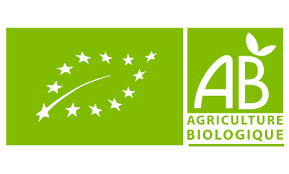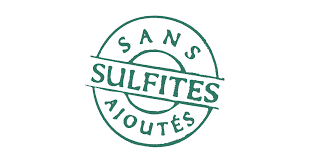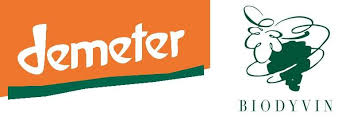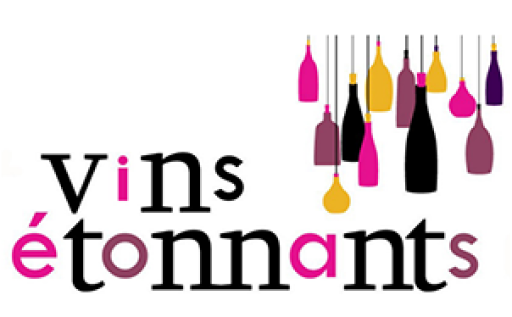Livraison à partir de 9.50€ pour la France !
Franco à 250€ de commande pour le France continentale et la Belgique.
A research assistant AI is now at your disposal!
Please click on the bubble red To access it at the bottom right of the page
 VIN ROUGE
VIN ROUGE
 complexe
complexe
Delivery planned between 3 and 6 days. Delivery costs not included

Atamisque assemblage 2020
CB, Applepay, payment in 3 times Klarna, Transfer, Bancontact, CBC, Sfort, Giropay, IDEAL, EPS, Postpay, Maestro, American Express, Landscard, Belfius, Przlewy24 , ...
Description of wine 🍷
Le domaine est situé dans la commune de San José, dans la région du Tupungato, qui est une des meilleures zones viticoles de la région de Mendoza. Les journées sont chaudes et les nuits fraîches. Le sol est un mélange de terres alluvionnaires, argilo-sablonneux qui couvre un substrat de roche dure. Les raisins proviennent des propres parcelles du domaine sur une superficie de 70 hectares. Ils sont plantés entre 1100 et 1300 mètres d’altitude.
Les vendanges sont manuelles et se font très tôt le matin. La fermentation des rouges qui dure quinze jours est suivie d’une macération de la même durée.
Cépages : 50 % Malbec (100 ans), 25 % Cabernet Sauvignon (20 ans), 18 % Merlot (25 ans) et 7 % Petit Verdot (10 ans)
Densité de plantation : 4000 à 5500 pieds par hectare
Rendement : 50 hl/ha Sols : origine alluvionnaire, avec un substrat rocheux et des couches supérieures de texture argilo-sablonneuse
Culture : traditionnelle Précipitation : 300 mm par an Irrigation : Goutte à goutte Taille : Guyot Double
Orientation : Est (matin) / ouest (après midi) Vendanges : manuelles en cagettes de 18 kg - Double tri sur tables.
Vinification : double sélection (grappes, baies), cuvaison par gravité, fermentation en cuve inox avec température contrôlée.
Élevage : 16 mois en barriques neuves françaises puis 12 mois minimum en bouteilles
Dégustation : couleur pourpre. Nez de fruits rouges et noirs, de poivre noir, de tabac avec une pointe de menthol. C'est dense et complexe en bouche avec une trame tannique imposante, mais l'ensemble est bien équilibré sur la fraise, la mûre et la torréfaction.
14.5 % Alc. Vol

amazing wines

An opportunity to surprise you

amazing wines

An opportunity to surprise you
What is an author wine?
This can be so diverse depending on the personality of their sire, that it is easier to define what it is not. An author wine is anything but a standard, stereotypical wine, made to please as many people as possible. It is therefore rarely produced in millions of copies, copying itself from vintage in vintage.
An author wine is therefore a wine that does not look like that of the neighbor. Which from year to year will evolve according to the vagaries of the weather and the mood of the author - the two that can be linked. Because the author does not rely on market studies to carry out his boat. He makes his wine as he feels, as he likes, as he can, sometimes ... and too bad if he does not please everyone.
This is why author wines are sometimes classified as "table wine" or "France wine". Because the winemaker did not plan the authorized grape variety*, makes the assembly or vinification recommended in the name **. He is often a bit rebellious, our author. But that is why we like it! ... That said, author's wines are not systematically marginal: they are present in most of the appellations, and can be part of the elite of these this***. Because they are not content to have personality: they are good, in addition! With in general aDegree of TorchabilityVery high: we never tire of it at the end of the first sip.
As author's wines are not chaptalized, levied, hacked ... They can have very different profiles depending on the vintage. It is up to us (resellers and consumers) to accept them as they are, and to remain faithful to the producers, because they need us to continue their activity.
______________________________
* For example, theTouriga Nacionalin the Minervois, or theSyrahIn Forez ribs. They are crazy, these authors!
** Some winegrowers dare to produceSweety with Mourvèdre or oneNatural sparkling with Pineau d'Aunis
*** Like those of Jean-François Ganevat in the Jura or Zind-Humbercht in Alsace






